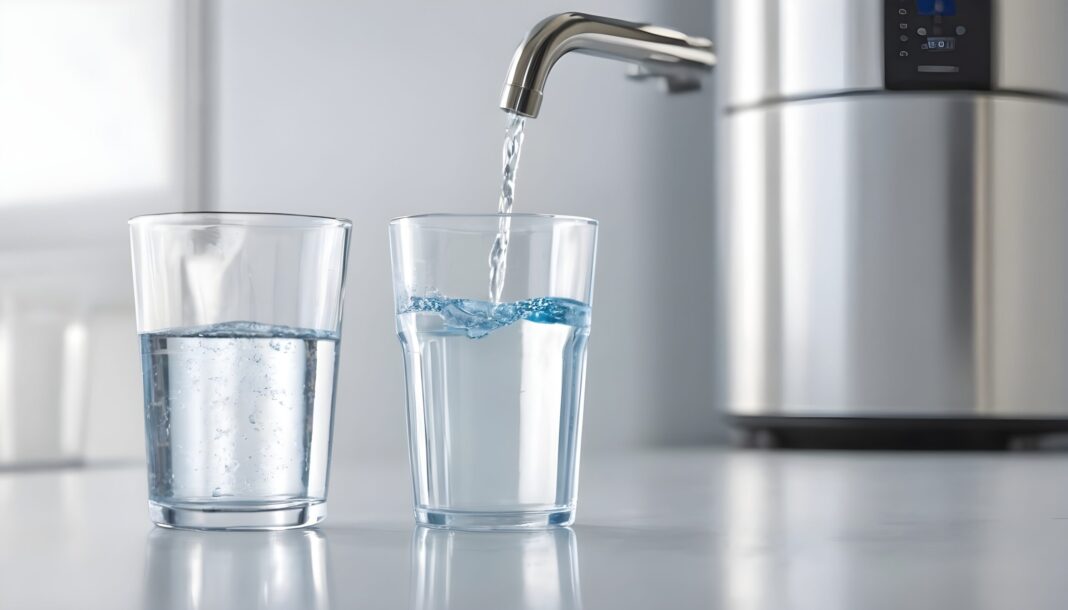Key Takeaways
- Please familiarize yourself with various water filtration systems and their advantages.
- Discover key elements to consider when selecting a filtration system for your residence.
- Explore expert tips for maintaining your water filter for optimal performance.
Table of Contents
- Why Water Filtration Matters
- Types of Water Filtration Systems
- Factors to Consider When Choosing a System
- Installation and Maintenance Tips
- Long-term Benefits of Clean Water
- Final Thoughts
Why Water Filtration Matters
Water is essential for life, and ensuring its purity cannot be overstated. With increasing concerns over contaminants such as heavy metals, pesticides, and microorganisms in public water supplies, a robust water filtration system becomes not only beneficial but crucial. The dangers of consuming contaminated water range from minor illnesses to severe health conditions, emphasizing the need for vigilant household protection. Investing in a whole house water filtration system ensures that every drop is as safe as possible. The availability of clean water is fundamental to public health.
Types of Water Filtration Systems
Activated Carbon Filters
Activated carbon filters are celebrated for their efficacy in removing organic compounds and chlorine. This type of filter works through adsorption, where particles stick to the surface area of the carbon media. It’s particularly effective in improving water’s taste and odor, making it a favorite for regular home use. Envision preparing a cup of tea or coffee with water that enhances rather than detracts from the flavor; that’s the power of activated carbon.
Reverse Osmosis
Reverse osmosis (RO) systems are a highly efficient solution for purifying water by removing dissolved solids. This technology forces water through a semipermeable membrane, filtering contaminants like lead, fluoride, and nitrates. Although RO systems can be more costly upfront, their ability to offer virtually pure water makes them a favored option for individuals emphasizing wellness. They’re often touted as an ideal solution for households striving for higher water purity standards.
Ultraviolet (UV) Filters
Ultraviolet filters harness the power of UV light to inactivate harmful bacteria, viruses, and other pathogens, rendering them harmless. Unlike chlorine, which can leave behind residue, UV filters offer a chemical-free way to disinfect water. They are an excellent addition to any filtration system when germs are a concern, ensuring that even the tiniest microbes don’t compromise water safety.
Factors to Consider When Choosing a System
- Water Quality:Initial water quality testing is an essential first step in deciding what filtration system to invest in. Understanding which contaminants are present helps tailor the filtration method to target and remove those impurities effectively. Testing becomes even more critical in areas where municipal water quality is inconsistent.
- System Capacity:Consideration for daily water usage is vital. Larger households or those with multiple bathrooms may require systems with higher capacity to meet all outlets’ needs without diminishing water pressure. A system’s capacity will directly affect its efficacy and operational costs, so choosing wisely contributes to long-term satisfaction.
- Cost:Evaluating a water filtration system’s short-term and long-term costs is crucial. While an inexpensive system might seem appealing initially, long-term maintenance and the need for frequent filter replacements can inflate costs. It’s essential to align your budget with the immediate purchase and consider ongoing costs over the system’s lifespan. Comprehensive cost review and budget planning are integral to selecting a suitable filtration system.
Installation and Maintenance Tips
- Read the manufacturer’s installation guide thoroughly to avoid common pitfalls and to ensure proper setup. Missteps during installation can limit a system’s effectiveness or lead to costly damage.
- Perform regular maintenance checks, monitoring parts that show wear and need replacement. Consistent upkeep is a preventative measure that ensures the system operates efficiently over time.
- Replace filters according to the manufacturer’s recommendations. Different systems have varying timelines, ranging from every six months to yearly, so staying attentive to these needs is crucial for maintaining water quality and extending the life of your filtration system.
Long-term Benefits of Clean Water
Investing in a quality water filtration system brings numerous long-term benefits beyond immediate health improvements. One notable advantage is environmental impact: reducing reliance on bottled water significantly reduces plastic waste. Besides environmental benefits, the consistency of high-quality water contributes to better skin health, improved kidney function, and an overall enhanced quality of life. Clean water supports not only personal health but community health as well, making it a valuable asset for societal well-being and sustainability.
Final Thoughts
Choosing the right water filtration system may initially seem daunting, but it becomes manageable with informed decisions and thorough research. The protection afforded by a comprehensive system is an investment in safety, health, and peace of mind. Ensuring clean water isn’t just about meeting a basic need; it’s about viewing quality water supply as a cornerstone to a thriving household and a vibrant community. Take control, stay informed, and choose a system that aligns with your family’s goals and lifestyle needs to unlock the myriad benefits that pure water brings.
